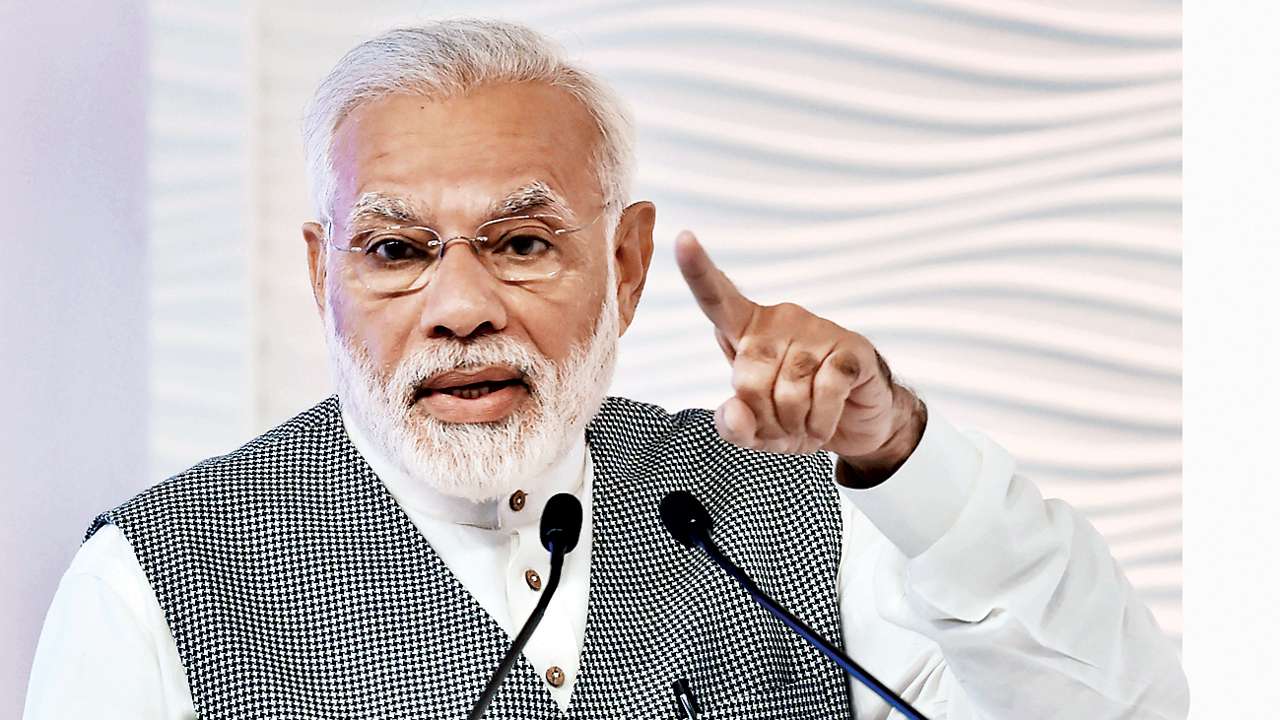
In an interview to The Wall Street Journal in 2016, Prime Minister Narendra Modi said something very interesting in the context of job creation. He said that his focus was to create a third sector — the personal sector — away from farms and factories, wherein a person morphs into a job provider through entrepreneurship rather than wallow in the role of a job-seeker.
Around the same time — exactly three years ago to be precise — his government launched the Pradhan Mantri Mudra Yojana (PMMY), or simply the Mudra scheme, meant to cater to entrepreneurs in their early stages, who required lesser funding in order to get their businesses up and running. The results are not just encouraging, but revealing as well.
The PMMY has become the cornerstone of what Modi outlined in the interview. It offers three types of loans: Shishu (up to Rs 50,000), Kishore (from Rs 50,001 to Rs 5 lakh) and Tarun (from Rs 500,001 to Rs 10,00,000). According to the Draft Report of Mudra Survey accessed by a daily newspaper, women have comprehensively edged out men by cornering 68.92 lakh extra jobs (56.3%) of the total 1.12 crore additional employment generated using Mudra loans disbursed during 33 months between April 2015 and December 2017.
The results also show that women are small borrowers; in the higher Kishore and Tarun loan categories, additional jobs going to women drops quite low. But they top the list in the Shishu category. Women account for just 5.88 lakh new jobs, a mere 5.2% of total additional employment while men have bagged 32.2 lakh or 28.7% extra jobs from loans under the two higher loan categories. While a sociologists’ eye can be cast on lower women participation, the fact remains that this is a classic case of empowerment, never mind the category.
The idea of becoming entrepreneurs, instead of employees, has been in vogue in India in the last few years. It’s applicability, however, has been confined to white-collar occupations and urban metros. To turn it into some kind of a mass involvement, where the lowliest of the low can aspire to become an entrepreneur, qualifies it under the genuine social change category.
Public enthusiasm for the programme can be gauged from the fact that a Credit Suisse estimate of March 2016, said that the total amount of loans disbursed under the PMMY programme had already crossed the Rs 1.25 trillion mark then.
According to an International Labour Organisation (ILO) statistical report, India comes high on the list of those countries where the informal sector (as a percentage of total non-agricultural employment) dominates. It is clear that informality is a feature of developing or underdeveloped economies like India and it is here that schemes like PMMY are making an impact. Of course, there is a need to ensure that it does not turn another loan mela where the outcomes are measured in the quantum of loans disbursed, which frankly speaking, is no better than an entitlement. But that is the real challenge before the government.